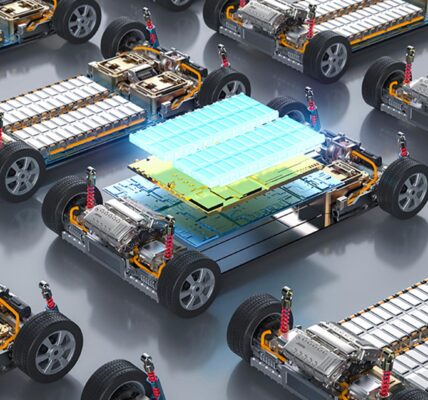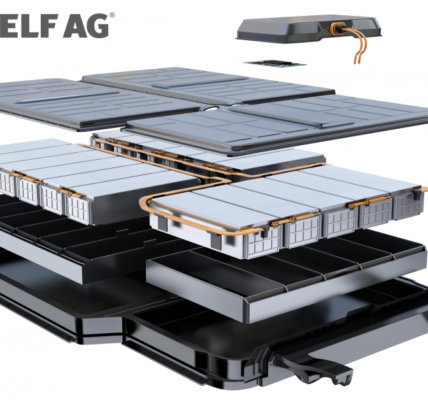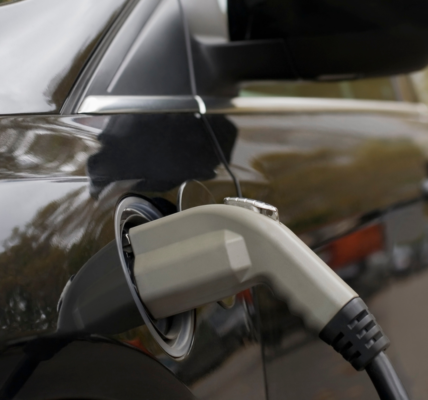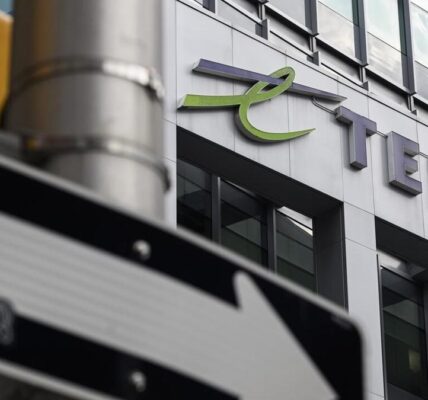Chinese electric-vehicle juggernaut BYD Co. is joining a Latin American lithium rush in a bid to lock in more supplies of the metal that’s a key component in EV batteries.
In Chile, the nation with the biggest reserves of lithium, BYD is holding talks with authorities and companies including SQM on a new extraction technology, while in Brazil it’s working on a small standalone project, Executive Vice President Stella Li said in an interview Tuesday.
The two countries are key pillars in BYD’s regional push. In Brazil, the company is building its first electric-car plant outside Asia as part of a plan to set up a regional manufacturing and innovation hub. In northern Chile, it’s working on a cathode factory after being granted access to preferential prices for lithium mined by SQM.
Now the Tesla Inc. rival is looking to go further upstream. It’s negotiating to introduce a way of using resins to extract lithium directly from Chilean salt flats rather than the current practice of pumping up vast amounts of brine and storing it in evaporation ponds for a year or more. The plan is to adapt a direct lithium extraction technique used in China to Chilean conditions.
“BYD is ready to bring advanced DLE technology to Chile, and also we will develop R&D patents locally and offer free patents to the Chilean government to help Chile build up this industry,” Li said.
In Brazil, BYD has a “small project for the extraction side and we’re working hard to try to get more reserves,” she said. The company isn’t working with partners there: “We want to do it on our own.”
The lithium market is facing a supply crunch toward the end of this decade amid wider EV adoption, with more than $51 billion in investments needed to meet future demand, according to Benchmark Mineral Intelligence.








